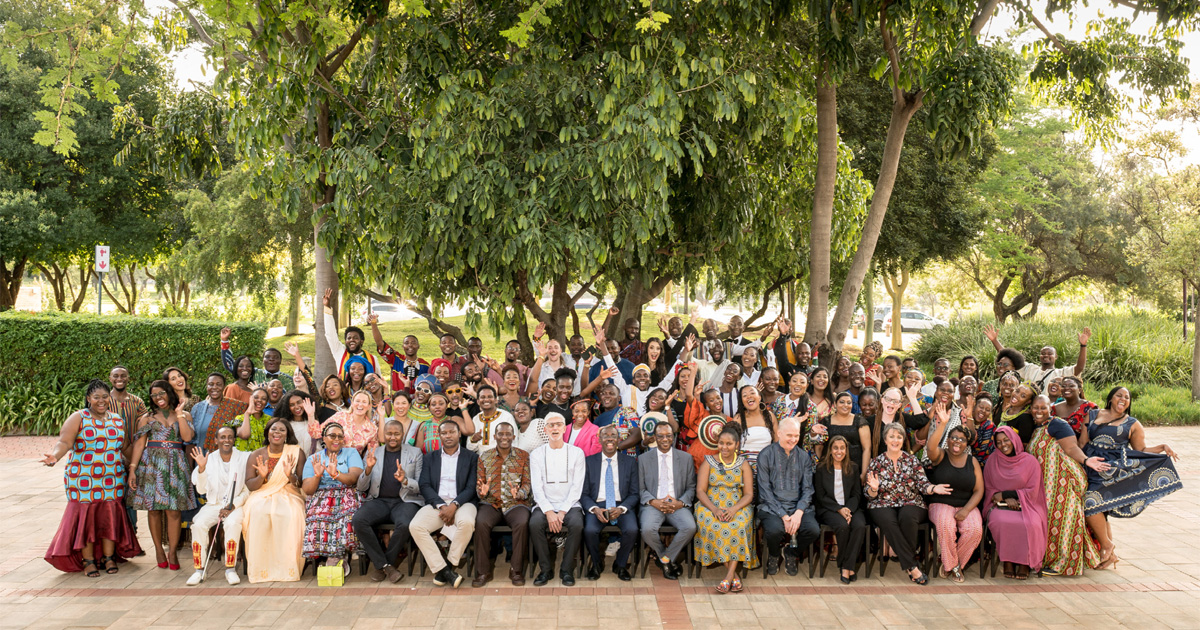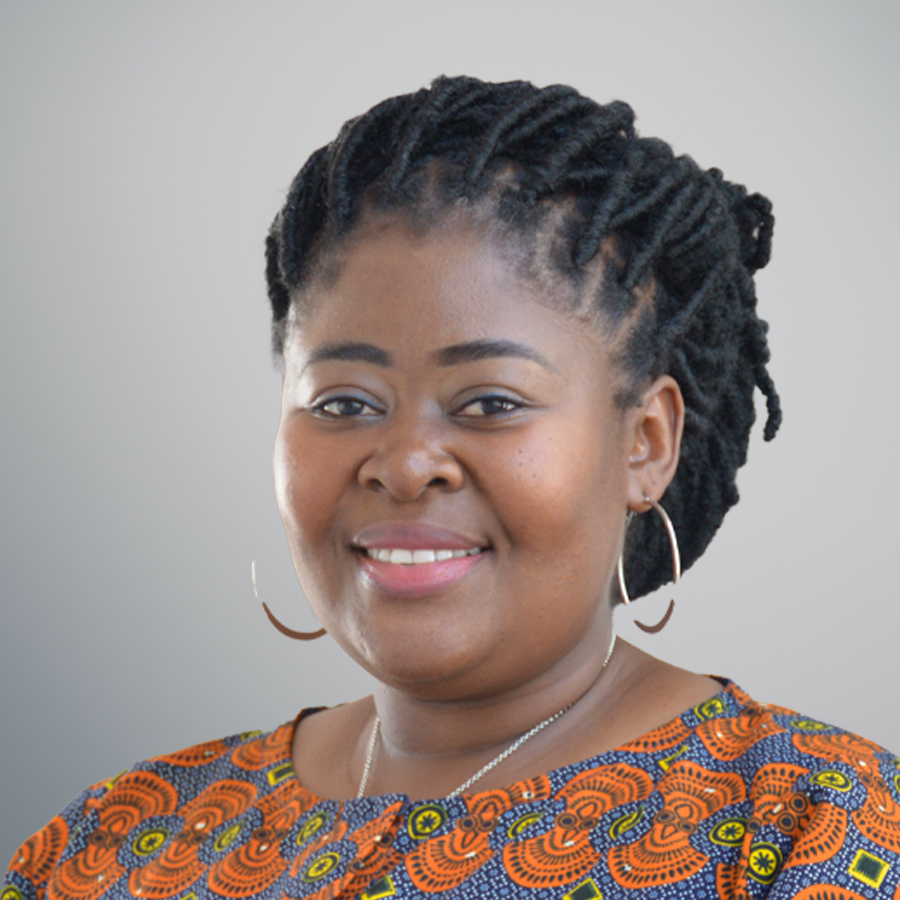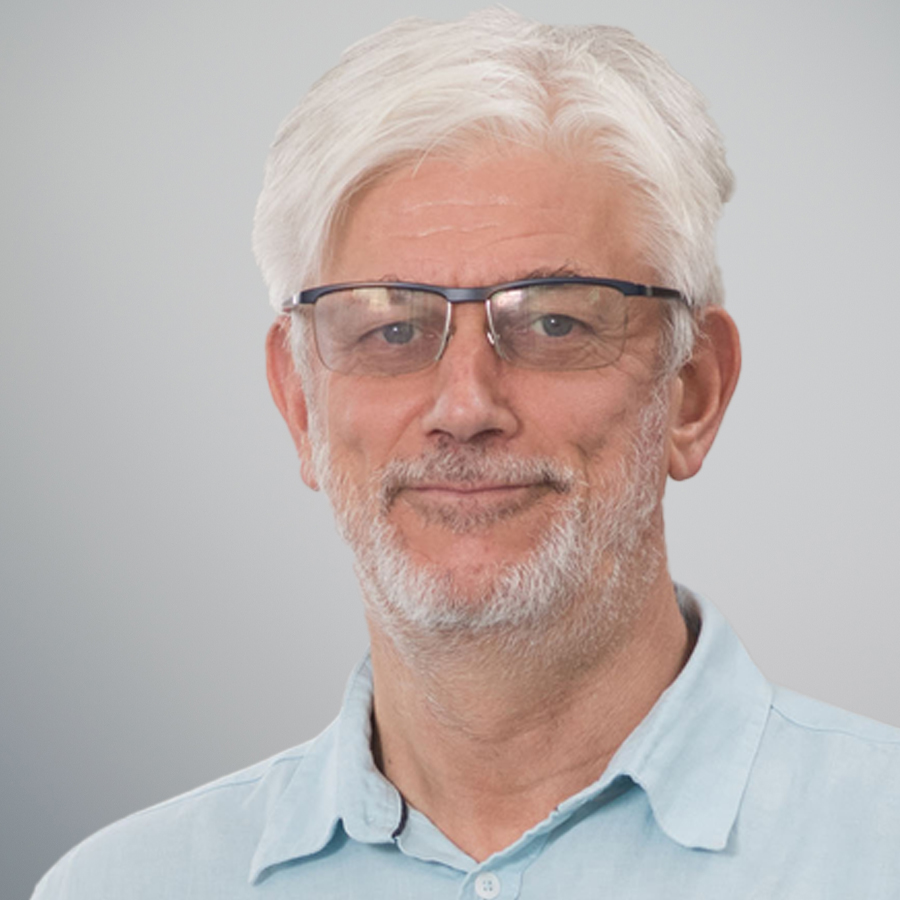The Centre for Human Rights, Law Faculty, University of Pretoria (Centre) held a two-day Alumni Networking Roundtable at the University of Pretoria from 27 to 28 July 2023. The Roundtable was organized as both an academic conference and networking event to reconnect the alumni of the Master’s Programme in Human Rights and Democratisation (HRDA) with each other, with the Centre, and with the current students, during this 24th year of the HRDA.
Thirty-five alumni of the HRDA programme presented on current human rights issues across Africa, spanning from the Class of 2003 (in the person of Dr Christian-Aime Chofor Che) to 2022 (Qobo Ningiza, Justin Monyping and Emmanuel Tioko Ekiru), and three current students from the 2023 class who were also invited to make presentations: Lakshita Kanhiya, Chrispin Bosire and Makomborero Carl Muropa. The alumni spanning across the years occupy various roles including the following: Ms Roselyn Hanzi, Director of the Zimbabwe Lawyers for Human Rights; Dr Chairman Okoloise, Senior Legal Expert at the African Commission on Human and Peoples’ Rights; Dr Japhet Biegon, Africa Regional Advocacy Coordinator at Amnesty International; Merga Dibaba, Ethiopian Human Rights Commission; Polycarp Ngufor Forkum, Commissioner of Police, Cameroon and Head of the Human Rights Unit; Ramatouille Jallow, Research Associate at the Innovation Council for International Justice at the Georgetown University Centre for National Security, Washington DC; and Nastasia Thébaud-Njenga, International Consultant. There were also current doctoral researchers present: Henok Ashagrey Kremte, Thandeka Khoza, and Rotondwa Mashige.
The aims of the event were to facilitate the meeting of a regional network of human rights experts for the exchange of ideas, information and methods; promote intergenerational dialogue and personal and career network-building among HRDA alumni; encourage the reinvestment by HRDA alumni into the HRDA programme as lecturers, and facilitators for professional placements and internships, and thus contribute to the continuous development of the HRDA programme; boost visibility of the Global Campus (GC) by linking alumni back to the Centre, strengthen the ties with and visibility of the GC among students and alumni and promote the exchange of ideas; and to facilitate improved employability and identification of niche areas, gaps in human rights across the region through interaction with alumni already occupying the roles the current students aspire to.
The roundtable discussions were framed around the various sub-themes which each reflects an area facing human rights challenges in Africa. On the first day, the first panel discussion focused on democracy, with presentations centring on the increasing restrictions on civic space by authoritarian regimes, judicial independence, remembering human rights defenders, elections and terrorism, insurgency, and serious violent crimes. The second panel examined the state of the African Union and its institutions, by looking at the ongoing AU reform process, judicial diplomacy, conflict prevention, restriction of civil society organisations in decision-making processes, and the implementation of the decisions of the African Commission. The third panel examined emerging issues around issues of technology, information, and democracy, with presentations on surveillance, misinformation, disinformation and fake news, digital shutdowns, case studies and the use of large language models. The fourth panel looked at the economy and zoomed in on the African Continental Free Trade Agreement (AfCFTA) specifically on the human rights approach, labour migration and gender.
The second day started off with a focus on gender, with discussions on the impact of climate change, the binary economy which disproportionally affects women, the protection of women in disarmament, demobilisation and reintegration, education of girls, and LGBT identities. The second session of the day discussed socio-economic rights, including emergency medical treatment, sexual and reproductive health and rights, older person’s right to healthcare, climate change and the right to housing. The third session focused on disability rights, by examining specific case studies such as Cameroon, South Sudan, and Ethiopia, and explored the Africa Disability Protocol and opportunities in the Southern African region.
The final session was a brainstorming session on how to strengthen the alumni network. It started with a presentation from the Global Campus Africa HRDA Alumni Coordinator, Davina Murden, and the Global Campus Coordinator, Hazem Mizyed, explaining the objectives of the Alumni Network and opportunities for engagement, followed by perspectives from past Alumni Coordinator, Tomiwa Illori, and personal experiences and expectations from the alumni and current students.
The key take home from the discussion were the evident push-back on human rights, in various contexts, including shrinking civil society space, push-back against women’s rights, and slow realisation of socio-economic rights and protection of vulnerable groups including the elderly, women, children and persons living with disabilities. Judicial independence is continually under threat, and AU reforms show both progression and regression in some areas. The economy is not yet adequately accounting for the informal spaces and vulnerable groups. The discussion was a scratch of the surface and much engagement on these issues must still be done.
The alumni were welcomed to an alumni dinner, which allowed for much catching up and network-building, as alumni reflected on old times and began forging new connections and new collaborations ahead. The Alumni Networking roundtable was well-received by the alumni, and we hope it will facilitate increased interaction between the alumni and the Centre, and the current cohort.
The event was supported by the European Union through the Global Campus for Human Rights, which supports the HRDA programme, presented by the Centre together with 12 partner universities from across Africa. The Centre is one of seven (soon to be eight) regional hubs of the Global Campus of Human Rights, which each presents a master’s programme in partnership with universities in different regions of the world.
For more information, please contact:
Tel: +27 (0) 12 420 6703
michelle.maziwisa@up.ac.za
Centre for Human Rights
Tel: +27 (0) 12 420 3228
frans.viljoen@up.ac.za




























